Introductions:
The Boeing 757 is an American narrow-body airliner designed and built by Boeing Commercial Airplanes. The then-named 7N7, a twinjet successor for the trijet 727, received its first orders in August 1978. The prototype completed its maiden flight on February 19, 1982, and it was FAA certified on December 21, 1982. Eastern Air Lines placed the initial 757-200 variant in commercial service on January 1, 1983. A package freighter (PF) variant entered service in September 1987 and a combi model in September 1988. The stretched 757-300 was launched in September 1996 and began service in March 1999. After 1,050 had been built for 54 customers, production ended in October 2004, while Boeing offered the largest 737 NG variants as a successor.
The jetliner is powered by 36,600–43,500 lbf (163–193 kN) Rolls-Royce RB211 or Pratt & Whitney PW2000 underwing turbofan engines for a 255,000–273,000 lb (116–124 t) maximum takeoff weight (MTOW). The 757 has a 2,000 sq ft (185 m2) supercritical wing for reduced aerodynamic drag and a conventional tail. It keeps the 707 fuselage width and six–abreast seating and its two-crew glass cockpit has a common type rating with the concurrently designed 767 (a wide-body aircraft). It was produced in two fuselage lengths: the 155 ft (47.3 m) long 757-200 (the most popular with 913 built) typically seats 200 passengers in two classes over 3,915 nautical miles [nmi] (7,250 km; 4,505 mi); while the 178 ft (54.4 m) long 757-300 typically seats 243 over 3,400 nmi (6,295 km; 3,900 mi). The 757-200F can haul a 72,210 lb (32,755 kg) payload over 2,935 nmi (5,435 km; 3,378 mi). Passenger 757-200s have been modified for cargo use as the Special Freighter (SF) and the Precision Converted Freighter (PCF).
Major customers for the 757 included U.S. mainline carriers, European charter airlines, and cargo companies. It was commonly used for short and mid-range domestic routes, shuttle services, and transcontinental U.S. flights. ETOPS extended flights were approved in 1986 to fly intercontinental routes. Private and government operators have customized the 757 as VIP carriers such as the US C-32. In July 2017, there were 665 Boeing 757 in commercial service, with Delta Air Lines being the largest operator with 127 airplanes in its fleet. The airliner has recorded ten hull-loss accidents out of a total of 13 hull-losses, as of November 2023.
Compared to the blueprint:
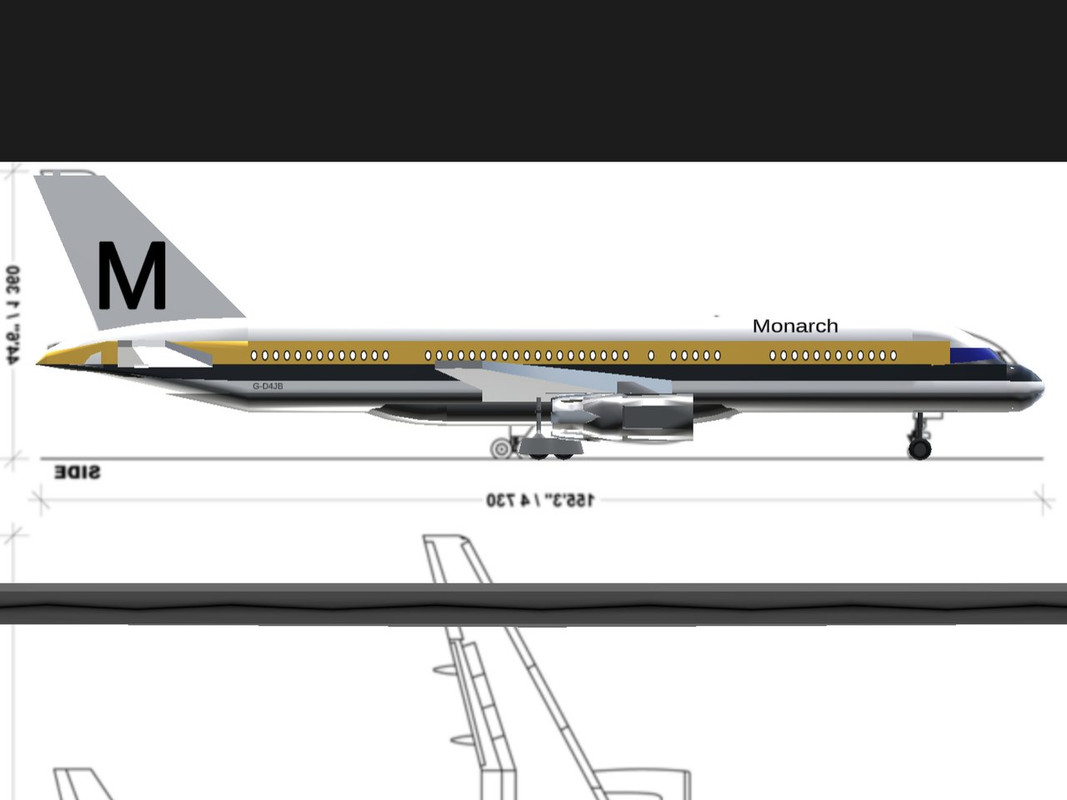
HAVE FUN!!!
Specifications
General Characteristics
- Created On iOS
- Wingspan 27.6ft (8.4m)
- Length 34.9ft (10.7m)
- Height 9.8ft (3.0m)
- Empty Weight 4,602lbs (2,087kg)
- Loaded Weight 5,267lbs (2,389kg)
Performance
- Power/Weight Ratio 1.279
- Wing Loading 35.8lbs/ft2 (174.6kg/m2)
- Wing Area 147.3ft2 (13.7m2)
- Drag Points 1787
Parts
- Number of Parts 111
- Control Surfaces 9
- Performance Cost 415

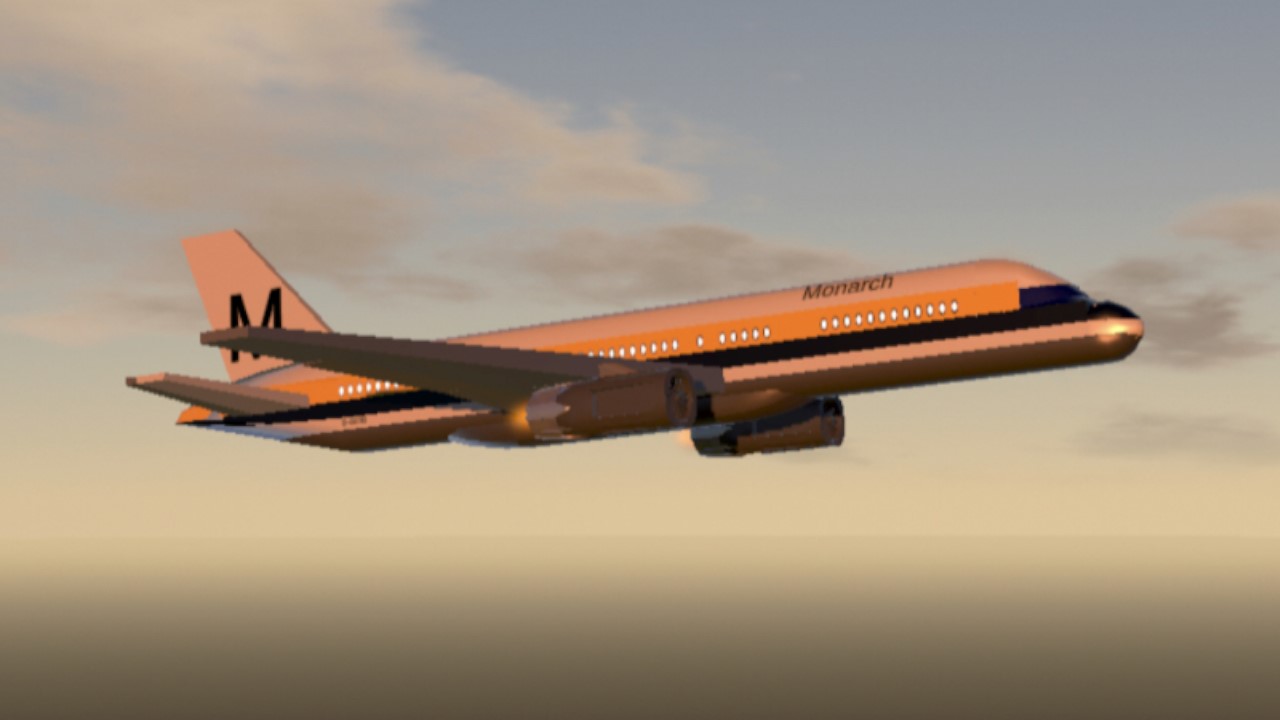
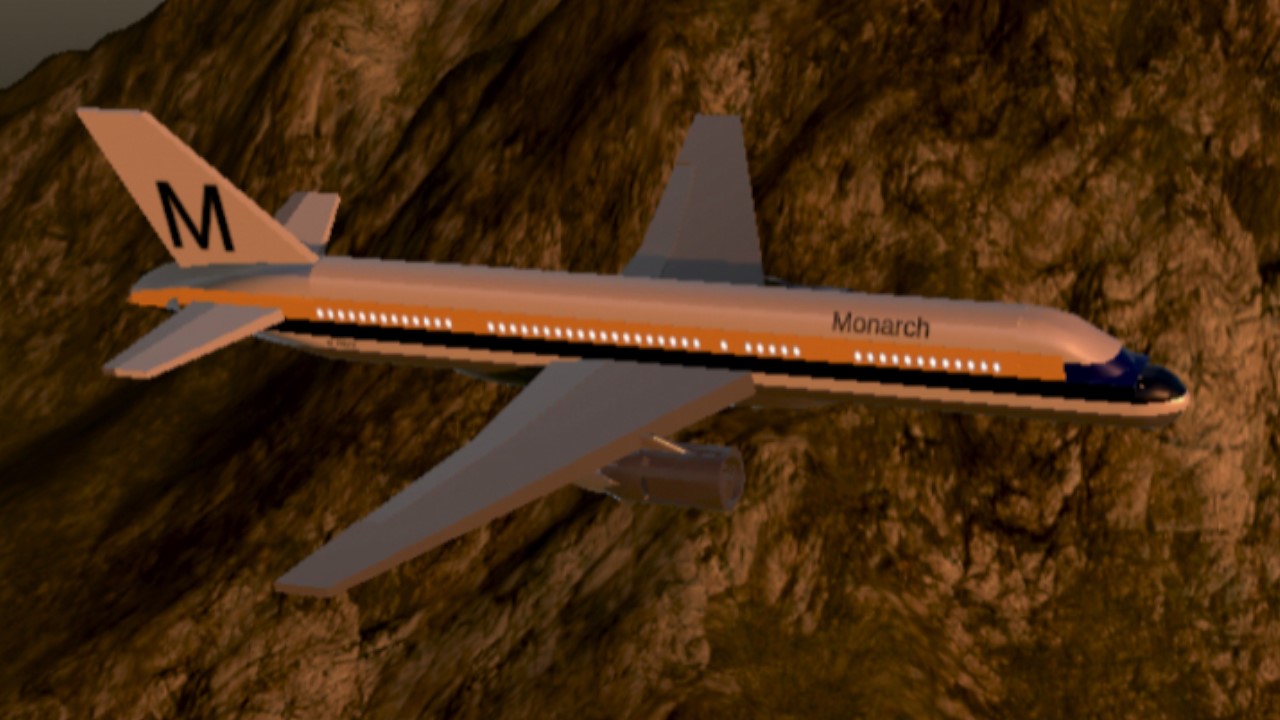
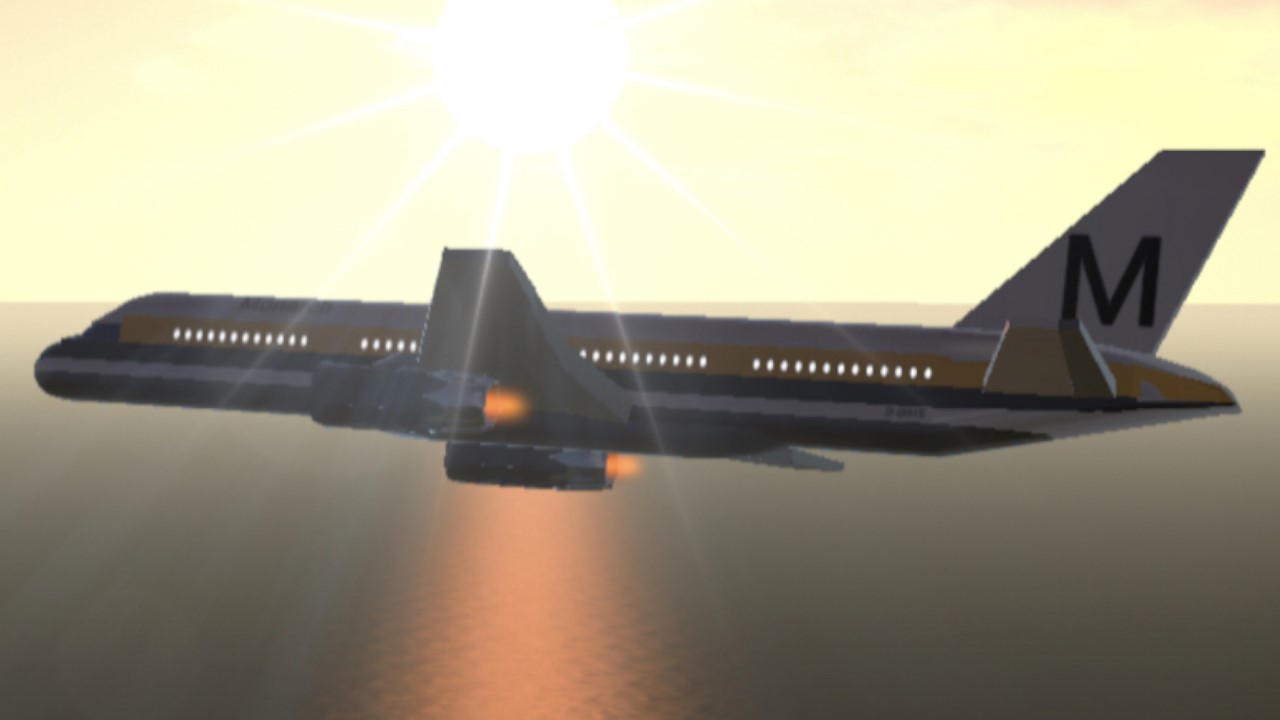
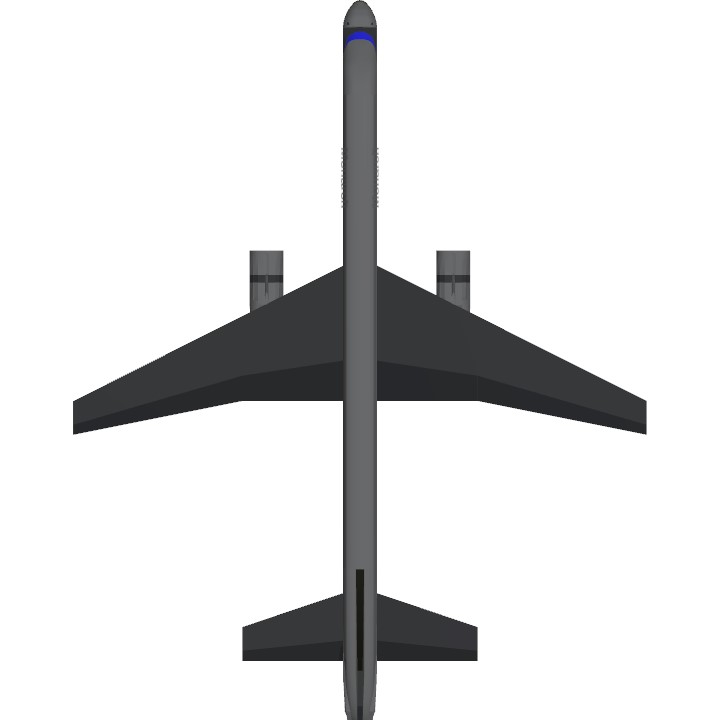
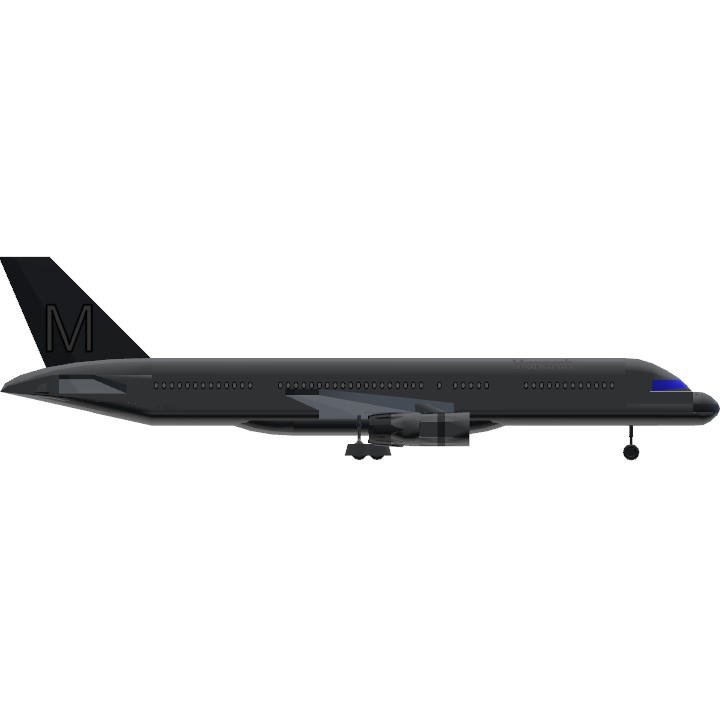
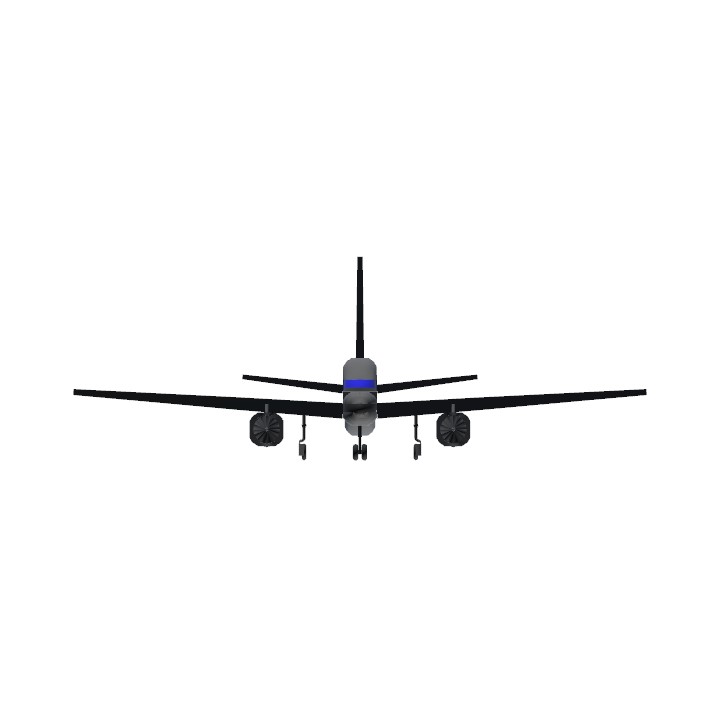
eminem